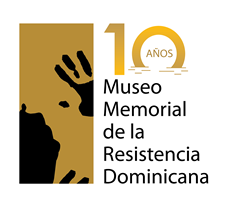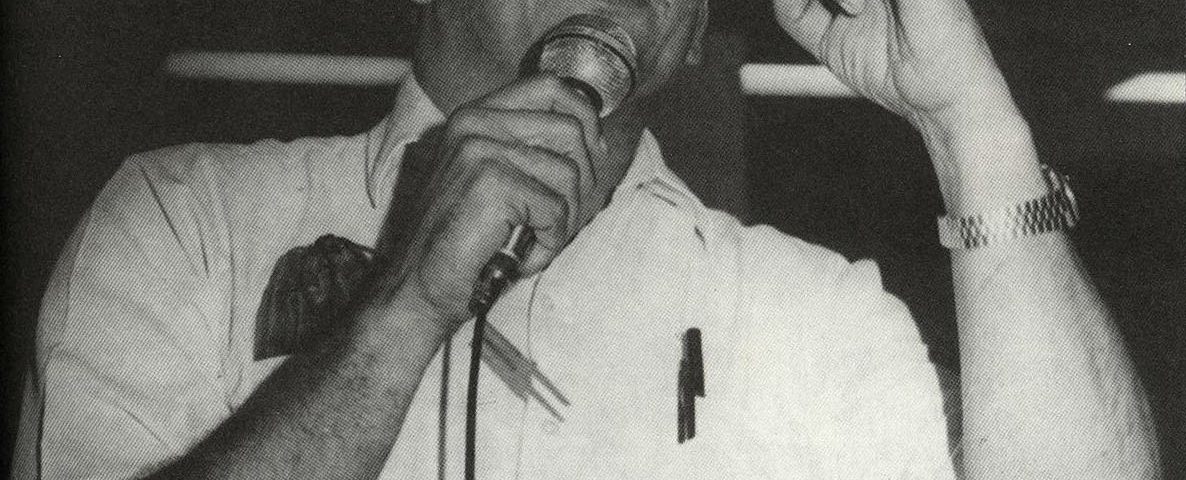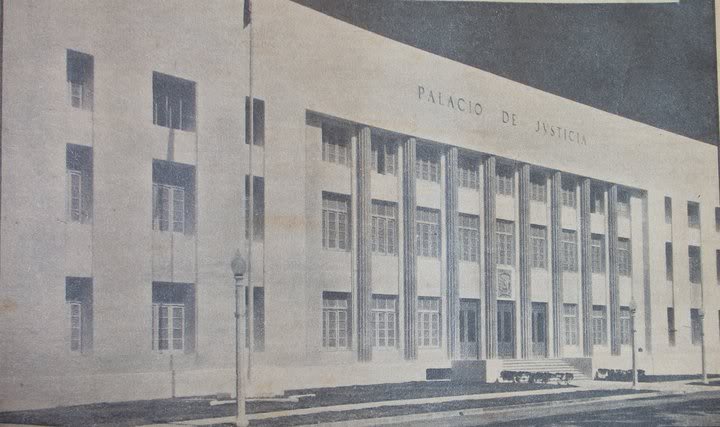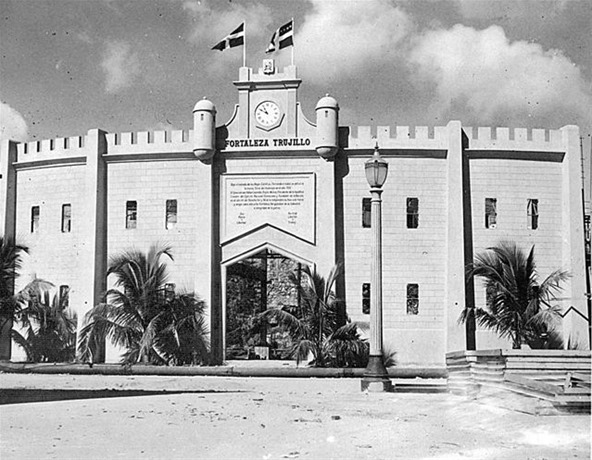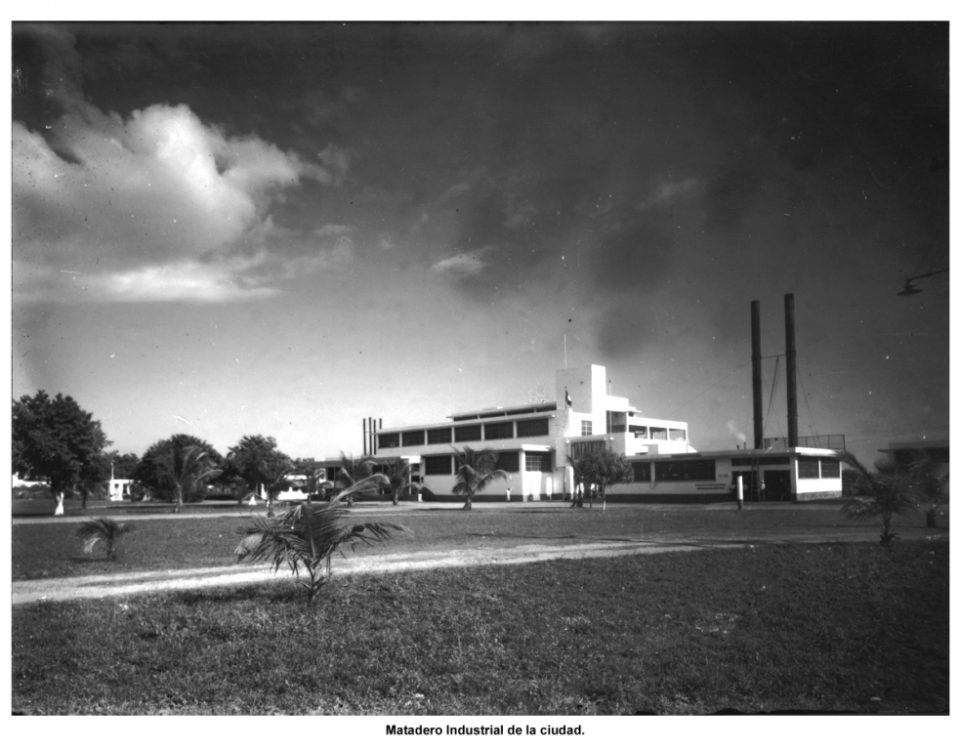The return of the Dominican Popular Movement to the country

Attempt on Romulo Betancourt, OAS sanctions.
February 22, 2017
Mirabal Sisters Murder
February 22, 2017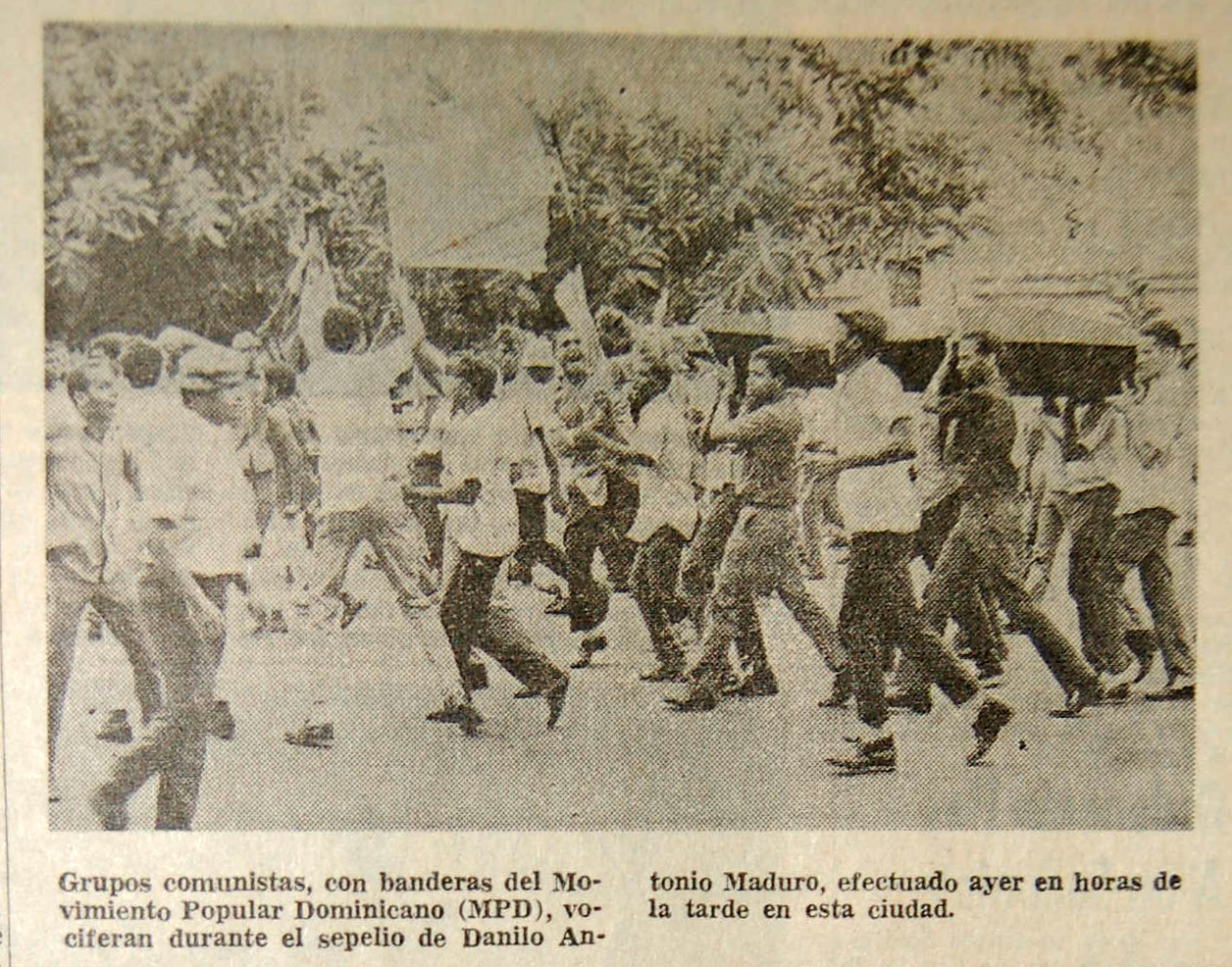
In the late 1950s, a discussion arose within the Popular Socialist Party, a grouping of Dominican Marxists, about the immediate steps to be taken with respect to the Trujillo dictatorship.
One sector proposed the immediate return to the country to initiate resistance against the dictatorship, under the slogan "internal struggle or always Trujillo", while others opposed it, arguing that conditions were not "ripe for the civic struggle" and that it was preferable to wait for better conditions for the organization of open political activity. At the head of the former was Máximo López Molina, who was not a leader of the PSP but a simple member, but with outstanding influence.
The opposition of the majority of the PSP to the idea of the immediate return to the country to begin the civic struggle against Trujillo, led López Molina, together with other Dominican exiles living in Cuba, such as Andrés Ramón Peguero, urban fighter integrated in Cuba to the resistance against the dictator Batista of the 26th of July Movement, and journalist Julio César Martínez, Ramón Emilio Mejía (Pichirilo), José Moscoso and Pablo Martínez, to found in February 1956 the Dominican Popular Movement, and the journalist Julio César Martínez, Ramón Emilio Mejía (Pichirilo), José Moscoso and Pablo Martínez, founded in February 1956 the Movimiento Popular Dominicano to move to Santo Domingo to organize the civic resistance against the Trujillo dictatorship.
In 1959, however, the MPD did not participate in the expeditionary effort organized in Cuba by the Dominican Liberation Movement that led to the landings of June 14 and 19.
In 1960, after making some unsuccessful efforts with other exile organizations to support their proposal to return to the country to begin the organization of the popular masses, with the purpose of creating the conditions that would allow the overthrow of the tyranny, the leaders of the MPD decided to send a first delegation to the Dominican Republic, composed of Máximo López Molina, its Secretary General, and Andrés Ramón Peguero, Secretary of Organization.
Months earlier, they were able to form two support groups for their project, the first in New York and the other in San Juan, Puerto Rico.
Desde ese último lugar entraron en contacto con las autoridades consulares dominicanos, quienes informaron al dictador sobre el proyecto del MPD. Se conoce que el tirano entendió como útil a su estrategia de dominación, el permitir de manera controlada, como lo había hecho en 1946 con el Partido Socialista Popular, la presencia de ese nuevo grupo opositor integrado por izquierdistas.
The MPD delegates arrived in Santo Domingo on June 4, 1960, when the country was experiencing an acute repressive climate due to the discovery of the conspiratorial movement of the Agrupación 14 de Junio, and a few days later they managed to open a local office located on what is now Trujillo Valdez Avenue, now Duarte Avenue, the main artery of the most popular neighborhood in the capital city at the time. Duarte, main artery of the most popular neighborhood of the capital city at that time. From there they began an active campaign of agitation and denunciation against the dictatorship by means of loudspeakers and flyers handed out to passersby, and the publication of their informative organ "Libertad", which at first was received with suspicion by the population, but after a few days, won the favor and sympathy of hundreds of inhabitants of that neighborhood: workers, chiriperos, unemployed and small itinerant merchants, etc.
The bold proselytizing action of the MPD allowed in a short time its rapid growth, receiving the adhesion of veteran anti-Trujillo supporters, such as the brothers Joaquin, Floricel and Parmenio Erikson, of courageous young people such as Cayetano Rodriguez del Prado, student leader, Ivan Alfonseca, Jose Ramirez Conde, student painter, Cesar Rojas, Enrique del Campo, Rafael Rivera and Andres Curiel, Ivan Alfonseca, José Ramírez Conde, a painting student, Cesar Rojas, Enrique del Campo, Rafael Rivera and Andres Curiel, but also became part of its leadership an influential agent of Trujillo's Intelligence Services, Mario Jerez Cruz.
To the surprise of the dictatorship's strategists, the growth of the MPD was vertiginous, and therefore, its opposition activities threatened to become a serious problem for the tyranny, and for that reason, they decided to put an end to what in principle they planned as a game that could not overflow their rigid controls.
As a result, at the end of July, a mob of agents of the dictatorship violently broke into the premises of the MPD, with the purpose of ending the activity of that organization, being confronted by members of that party with a balance of several wounded on both sides.
Based on this experience, the MPD leadership decided to continue with its public activities of denunciation, but also to create a clandestine branch that would allow the continuity of its opposition organizational activities. At that time, the shoemakers Baldemiro Castro and Jorge Puello (El Men) became important leaders.
Several assaults were resisted by the Emepedeistas at their headquarters, showing uncommon courage on each occasion, a behavior that raised the sympathies of their organization. By August 1960, the MPD was already represented in Santiago, Barahona, La Romana, San Pedro de Macoris, Moca, La Vega and other towns in the country.
In another assault by Trujillo's repressive forces on the premises of the MPD in August of the same year, more than ten of its militants were wounded and another thirty were arrested and sent to the "La Cuarenta" prison.
At the beginning of 1961, terrified by the growth of this opposition force, the SIM ordered a general raid against the emepedeistas, in which several important members lost their lives, among others, Floricel Erickson, murdered in prison, the two Baik brothers, who were caught by the secret service of the police at the doors of the Ecuadorian Embassy, which was closed due to the application of the OAS sanctions against Trujillo.
In summary, in this phase of national history, the MPD made an important contribution to the struggle of the Dominican people for the demise of the Trujillo tyranny.
